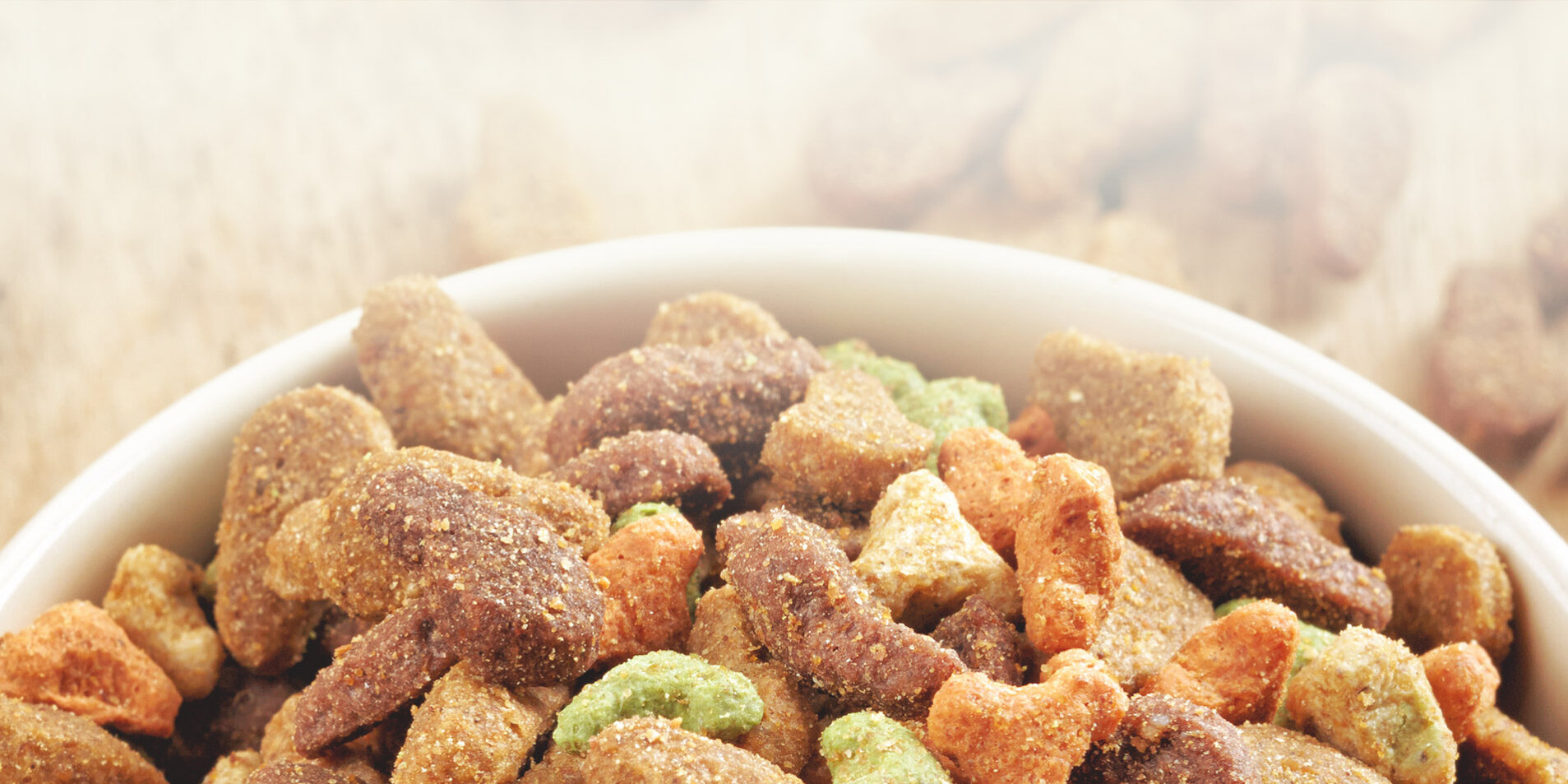Our pets have the same type of dietary needs that we do, meaning that their diets affect their quality of life both good and bad. A pet’s diet matters for their overall health. A dog or cat who eats too many calories—oftentimes more calories than they are able to burn—will be obese, and, conversely, a dog or cat who is put on a diet with too few calories or one with too little nutritional value will be overly skinny and possibly experience malnutrition. These conditions matter when we think of disease within our pets, particularly a condition such as diabetes—which is a prevalent and oftentimes difficult and expensive disease to treat—but also systemic conditions such as high blood pressure, kidney disease, heart disease, certain respiratory disease, all of which, among other ailments, can shorten your pet’s life expectancy.
What Should Your Pet Eat?
Your pet’s diet should mirror his or her lifestyle. A premium dog food with quality ingredients is a good place to start with both dogs and cats. And diets which are heavy in fat and protein—dogs, especially, have a multitude of choices of fat and protein values—are oftentimes beneficial to active pets, especially field-type and other highly active types of animals, but are poor choices for elderly animals or animals that function at a casual pace. Your veterinarian can recommend a diet that will best suit your own pet’s needs, and for the animals for whom dietary restrictions and specialties are important to health and well-being, then this may be an important first step to quality health.
In addition to diet, exercise is an important aspect to your pet’s health and well-being. Your dog should be walked or run, etc., daily. In addition to quality health and overall wellness, your pet will also appreciate the time he or she gets exercising, or at play. Remember that your dog’s or cat’s health can be positively impacted by diet and exercise, and will hopefully result in a better and longer life.






